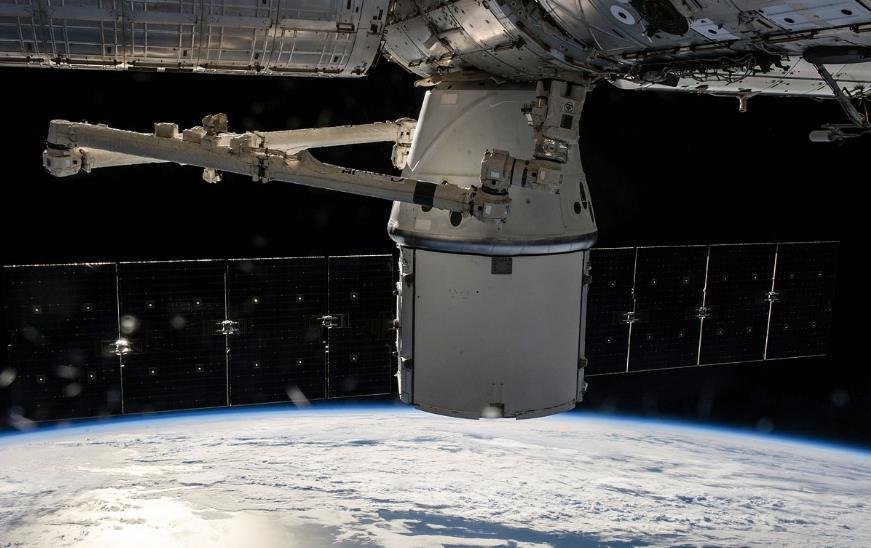Geely, one of China’s largest carmakers, has boosted its presence in low-Earth orbit with the launch of 11 communications satellites on Saturday. The satellites, made by Geespace, a subsidiary of Geely, were carried by a Long March CZ-2C rocket from the Xichang Satellite Launch Center in Sichuan province, according to state media.
Geely’s satellite venture aims to provide links for driverless cars and other features in its vehicles, as well as for consumer electronics. Geespace wants to deploy a network of satellites some 600 kilometers above the Earth that can one day support autonomous driving, cloud computing, and smart city applications.
The launch marks the second batch of satellites sent by Geespace, following an initial group of nine in mid-2022. The company plans to complete the first phase of its constellation, consisting of 72 satellites, by next year.

“Right now, I might have satellite function and you don’t,” Geespace Chief Executive Officer Tony Wang said in an interview with Bloomberg News before the launch. “But in the future, everyone will be equipped with the feature, and also every car.”
Geely competes with SpaceX and Huawei in the satellite market
Geely’s satellite ambition is part of its broader strategy to diversify its business and compete with global rivals. The company, founded by billionaire Li Shufu, owns stakes in several foreign automakers, such as Mercedes-Benz, Volvo, and Lotus. It also launched its own premium electric vehicle brand, Zeekr, last year.
Geely is not the only Chinese player in the satellite market. Huawei, the telecom giant, has developed smartphones that support satellite-enabled dialing and connect to China’s Beidou navigation system. Huawei’s Mate 40 and Mate 50 series are among the few devices that can access satellite signals without additional hardware.
However, China still lags behind the US in the race for low-Earth orbit dominance. SpaceX, the company founded by Elon Musk, operates more than 5,300 satellites in its Starlink constellation, which provides high-speed internet service to customers around the world. SpaceX continues to launch dozens of satellites every month, and aims to have 12,000 in orbit by 2026.
China boosts its space program with ambitious plans
China has made significant progress in its space program in recent years, with achievements such as landing on Mars and the far side of the moon, and building its own space station. The country has also announced plans to establish a “massive” constellation in low-Earth orbit, consisting of thousands of satellites for various purposes, such as communication, navigation, remote sensing, and scientific research.
China’s space ambitions have raised concerns among some Western countries, especially the US, which sees China as a strategic rival and a potential threat in space. The US has accused China and Russia of disguising some of their satellites as weapons, and has called for more transparency and cooperation in space activities.
Geely’s satellite venture is one of the few private-sector initiatives in China’s space industry, which is largely dominated by state-owned enterprises. Geespace hopes to leverage its expertise in automotive and internet technologies to create a competitive edge in the satellite market. However, the company faces many challenges, such as regulatory hurdles, technical difficulties, and market uncertainties.
“To establish this satellite constellation, we need to set up the network, on-the-ground infrastructure and also push forward the commercialization of cloud service,” Wang said. “It is a lot of pressure.”
















